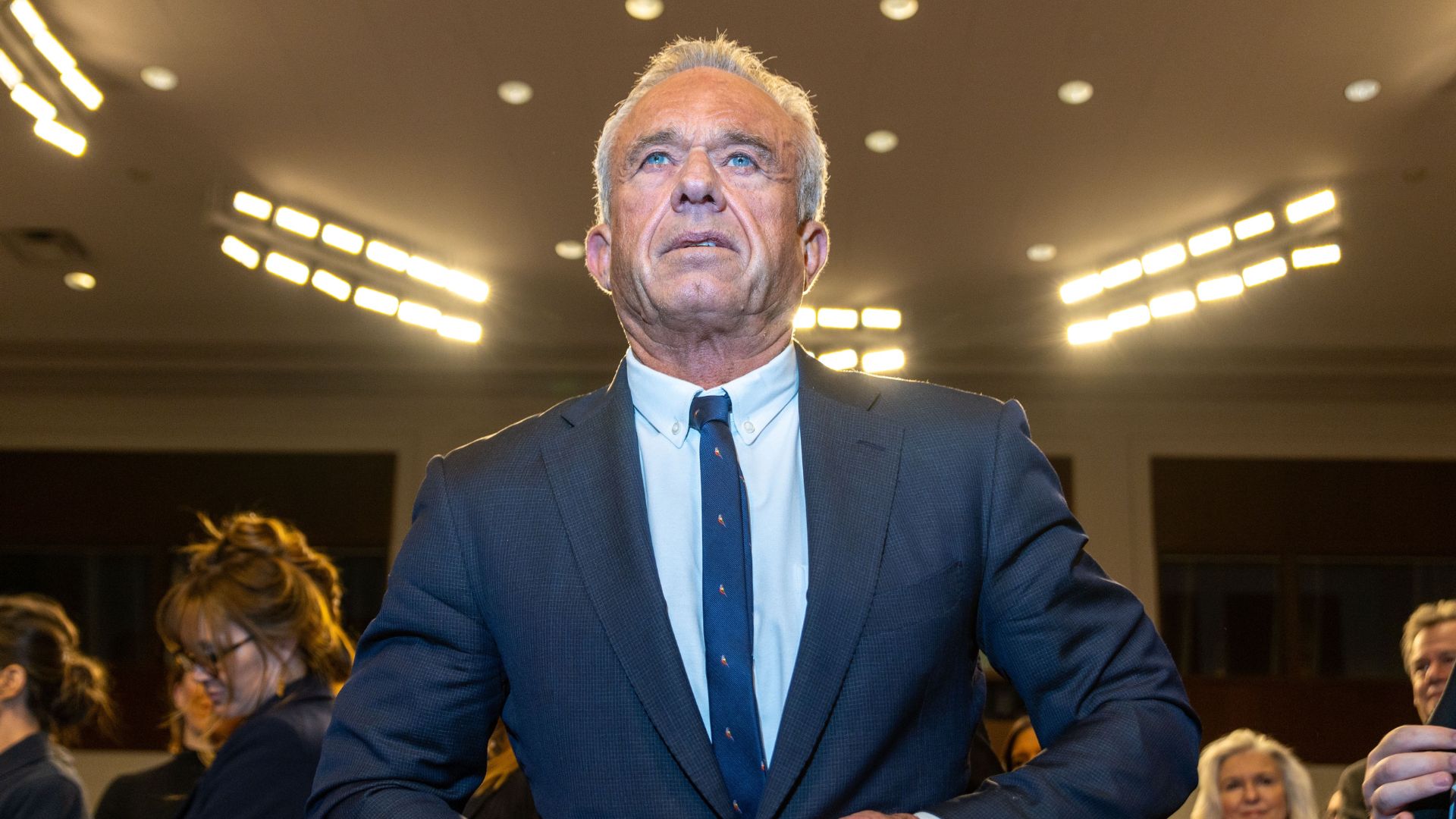
In a significant policy shift, the Advisory Committee on Immunization Practices (ACIP) voted 5-1 to recommend that only thimerosal-free flu vaccines be used in the United States for the upcoming flu season.
The decision specifically mandates thimerosal-free influenza vaccines for children under 18 and pregnant women.
The vote comes amid renewed scrutiny over mercury-based preservatives in vaccines and increased influence from health officials critical of past immunization policies.
Trump’s Sovereign Wealth Fund: What Could It Mean For Your Money?
Thimerosal, a mercury-containing compound used to prevent contamination in multi-dose vaccine vials, has been largely phased out of childhood vaccines since 2001.
However, it remains present in some multi-dose influenza shots.
For the 2024–2025 flu season, approximately 96 percent of flu vaccines distributed in the U.S. are already free of thimerosal, and single-dose alternatives remain widely available.
The ACIP, a federal advisory panel under the Centers for Disease Control and Prevention (CDC), was recently overhauled by Health and Human Services Secretary Robert F. Kennedy Jr., who replaced all 17 previous members with a new group of eight.
This Could Be the Most Important Video Gun Owners Watch All Year
Among the new appointees are several figures known for challenging vaccine orthodoxy.
Redwood, during the committee’s discussions, advocated for the removal of thimerosal. Although she mischaracterized some dosage data during her remarks, the panel moved forward with its vote to eliminate the preservative in flu shots for children and pregnant women.
Dr. Jacob Glanville, CEO of Centivax and a member of the reconstituted committee, stated during the session, “There are other preservatives that don’t rely on mercury.”
Dr. Cody Meissner cast the lone dissenting vote. He cautioned that requiring single-dose vaccines could increase production costs and limit availability, particularly in certain regions.
Meissner also noted the CDC’s position that “data from many studies show no evidence of harm” from low-dose thimerosal exposure.
The committee also unanimously reaffirmed its standing recommendation that all individuals aged six months and older should receive annual influenza vaccinations, unless medically contraindicated.
In another 5-2 vote, the panel approved Merck’s clesrovimab (Enflonsia), a monoclonal antibody for preventing Respiratory Syncytial Virus (RSV) in infants.
The vote authorizes its use in infants up to eight months old who are entering their first RSV season and recommends coverage through the federal Vaccines for Children (VCF) program.
The new recommendations await final approval by the acting leadership at the CDC. Susan Monarez, the acting CDC director until March 24, 2025, is the current nominee for the permanent role.
Until the Senate confirms her appointment, CDC Chief of Staff Matthew Buzzelli is performing certain director responsibilities.
At the late June ACIP meeting, other vaccines—including those for COVID-19, chikungunya, MMRV (measles, mumps, rubella, and varicella), and anthrax—were discussed but not brought to a vote.
Additional votes on adult RSV vaccine use, human papillomavirus (HPV) dose schedules, and COVID-19 vaccine recommendations are expected at upcoming sessions.
If finalized, the ACIP’s new policy will formally shift national influenza vaccine procurement toward single-dose, preservative-free formats for specific high-risk groups and could signal further changes ahead under the current leadership at the Department of Health and Human Services.
Celebrate Summer with this LIMITED EDITION Grizzly Trump Cooler! Exclusively on Mammoth Nation.

![RFK Jr.’s HHS Overhauls Vaccine Policy, Votes to Ban Controversial Ingredient in Flu Shots [WATCH]](https://www.right2024.com/wp-content/uploads/2025/07/RFK-Jrs-HHS-Overhauls-Vaccine-Policy-Votes-to-Ban-Controversial-750x375.jpg)






![Florida Man With Violent History Arrested for Choking a Cop [WATCH]](https://www.right2024.com/wp-content/uploads/2025/06/Eleven-Stabbed-in-Attack-at-Salem-Homeless-Shelter-Across-From-350x250.jpg)


![New Media Narrative on DeMS-13's Favorite Gang Banger Shredded with Video Receipts [WATCH]](https://www.right2024.com/wp-content/uploads/2025/07/New-Media-Narrative-on-DeMS-13s-Favorite-Gang-Banger-Shredded-with-350x250.jpg)





